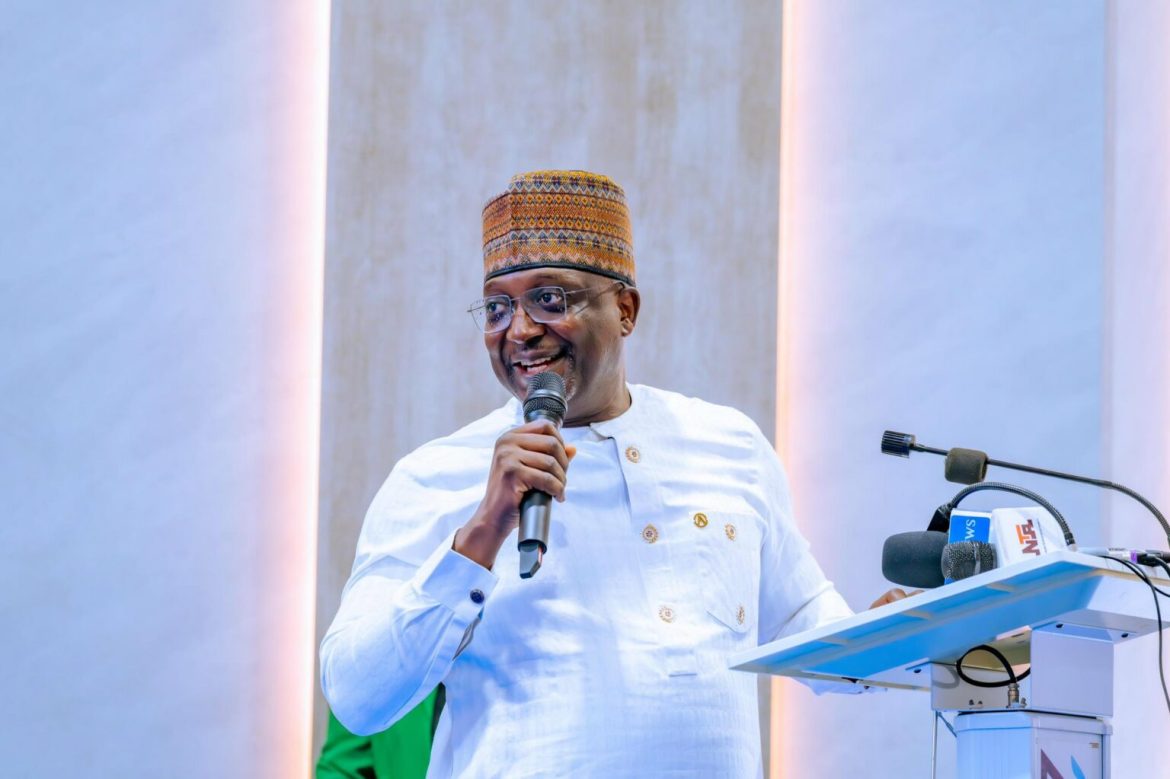The Federal Government has awarded ₦200 million in grants to 14 outstanding women engineers to help them scale up innovative solutions aimed at addressing some of Nigeria’s most critical development challenges. The initiative is part of efforts to promote gender inclusion and leadership in the fields of science, technology, engineering, and mathematics (STEM).
The grants were disbursed under the second phase of the Developing Engineering Leadership and Technology – Her (DELT-Her) programme, a joint initiative of the Presidential Implementation Committee on Technology Transfer (PICTT) and the National Agency for Science and Engineering Infrastructure (NASENI). The programme seeks to empower women innovators, reduce gender gaps in engineering, and drive homegrown technological advancement.
Speaking during the award ceremony held in Abuja on Thursday, the Chairman of PICTT, Dr. Dahiru Mohammed, described DELT-Her as a transformative step toward building a new generation of female leaders in engineering and technology across Nigeria.
“DELT-Her was born from a national vision to correct the gender imbalance in STEM fields and to create an enabling environment where women can lead groundbreaking innovations,” he said.
Dr. Mohammed explained that the programme had grown remarkably since its launch in 2024. According to him, while the maiden edition supported six female engineers with ₦70.5 million in total funding, the 2025 edition received a record 9,925 project proposals, compared to only 120 entries the previous year.
“From this competitive pool, 14 remarkable female engineers have emerged as this year’s awardees, receiving more than ₦200 million in total funding to advance their innovative projects,” he stated.
The selected projects, he noted, span various sectors including agriculture, renewable energy, healthcare, mobility, digital security, and environmental sustainability — all designed to provide practical solutions to Nigeria’s socio-economic challenges.
Beyond funding innovators, the DELT-Her programme also targets younger girls in secondary schools to nurture early interest in STEM careers. Mohammed said that the mentorship and grassroots engagement component had expanded significantly this year.
“In 2024, we mentored 30 schoolgirls within the FCT. This year, we have scaled the outreach to over 150 girls across Kwara, Niger, Plateau, Nasarawa, and the FCT,” he revealed.
Through a combination of bootcamps and practical fabrication training, participating students have designed prototypes such as biodiesel production systems and solar-powered power banks. Dr. Mohammed said this initiative is “inspiring the next generation of innovators who will drive Nigeria’s technological future.”
In her remarks, the Project Coordinator of DELT-Her, Mrs. Olamide Apejoye, commended the increased participation of women across the country, noting that the programme’s rapid growth was a sign of rising awareness and support for female-led innovation.
“We had an extraordinary increase in applications — from 150 last year to 9,925 this year. The number of winners also grew from six to 14, while funding rose from ₦17.5 million to ₦228 million overall,” she said.
Apejoye noted that DELT-Her is not just about innovation but also about driving economic inclusion by helping women engineers translate their ideas into viable startups. “The more prototypes they create, the more startups we see emerging. This means more jobs, empowerment, and long-term economic growth,” she explained.
She urged aspiring women innovators across the country to prepare for the next application cycle. “DELT-Her is open to all female engineers and scientists in Nigeria. We encourage more women to participate in the next phase to build stronger innovation ecosystems in their communities,” Apejoye said.
The DELT-Her initiative was introduced in 2024 as part of the Federal Government’s broader strategy to enhance technology transfer, strengthen local innovation capacity, and foster inclusive development through collaboration between NASENI and PICTT. The programme aligns with the National Science, Technology, and Innovation Roadmap (NSTIR 2030), which prioritises gender inclusion and equitable access to scientific opportunities.
Currently, women represent less than 22 per cent of Nigeria’s engineering workforce, a gap experts say limits the country’s innovation potential. Programmes like DELT-Her are therefore seen as critical to promoting gender equity, inspiring young women to pursue STEM careers, and ensuring that women play a greater role in shaping Nigeria’s industrial and technological future.
